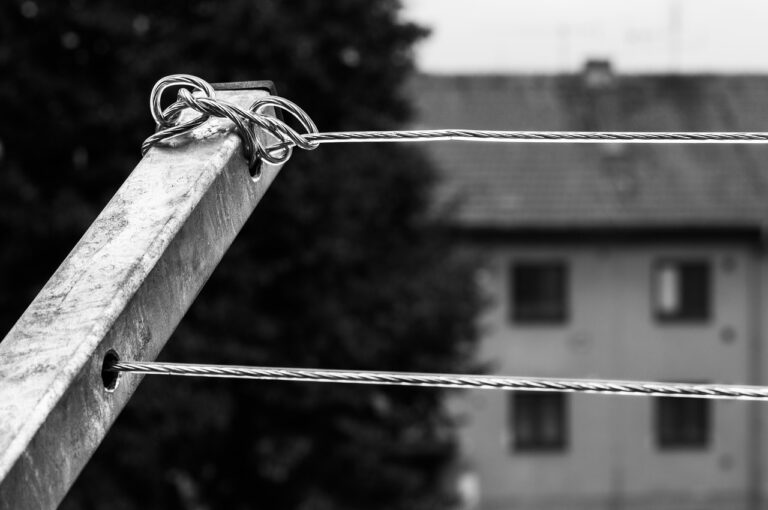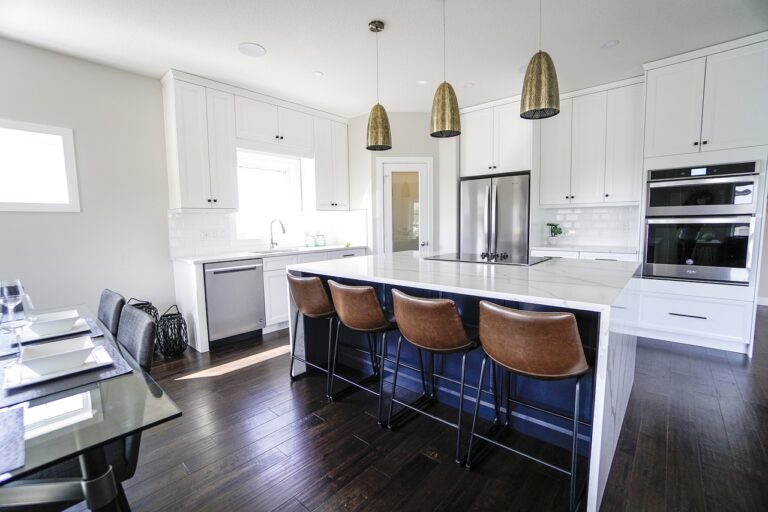Embracing Solar Power for Residential Home Improvement
Solar power offers numerous advantages that make it a desirable option for homeowners and businesses alike. One of the primary benefits of switching to solar power is the significant reduction in electricity bills over time. By harnessing energy from the sun, solar panels can generate electricity to power a household or building, reducing the reliance on traditional utility providers and their fluctuating rates.
Additionally, utilizing solar power is an environmentally friendly choice that helps to reduce carbon emissions and combat climate change. Solar energy is a renewable resource that produces clean electricity without releasing harmful greenhouse gases into the atmosphere. By investing in solar panels, individuals can contribute to a more sustainable future while also enjoying the financial savings associated with lower energy costs.
Understanding How Solar Panels Work
Solar panels work by harnessing the power of sunlight through photovoltaic cells, which are made of semiconductor materials such as silicon. When sunlight hits the panels, it excites the electrons in the semiconductor material, generating direct current (DC) electricity.
The DC electricity produced by the solar panels is then converted into alternating current (AC) electricity through an inverter. This AC electricity is used to power your home, business, or any other electrical appliances. Excess electricity generated by the solar panels can be stored in batteries for later use or fed back into the grid for credit through a process known as net metering.
• Solar panels harness sunlight through photovoltaic cells made of semiconductor materials
• Sunlight excites electrons in the semiconductor material, generating DC electricity
• DC electricity is converted into AC electricity through an inverter
• AC electricity powers home, business, or electrical appliances
• Excess electricity can be stored in batteries or fed back into the grid for credit
Factors to Consider Before Installing Solar Panels
Before committing to installing solar panels on your property, it’s crucial to assess your energy needs and consumption patterns. Understanding how much electricity you use on a daily and monthly basis will help determine the size and capacity of the solar panel system required to meet your energy needs. By analyzing your energy consumption, you can accurately gauge the number of solar panels needed and the potential cost savings you could achieve over time.
Additionally, it’s important to consider the condition and orientation of your roof before installing solar panels. The ideal roof for solar panel installation is typically south-facing with minimal shading from surrounding trees or buildings. An assessment of the roof’s structural integrity and its ability to support the weight of solar panels is also essential. Conducting a thorough evaluation of your roof will help determine if it’s suitable for solar panel installation or if any modifications are needed to optimize energy generation.
What are the benefits of switching to solar power?
Switching to solar power can help reduce your electricity bills, decrease your carbon footprint, increase the value of your home, and provide a reliable source of energy.
How do solar panels work?
Solar panels work by converting sunlight into electricity through photovoltaic cells. These cells absorb sunlight and generate direct current (DC) electricity, which is then converted into alternating current (AC) electricity by an inverter for use in your home.
What factors should I consider before installing solar panels?
Before installing solar panels, you should consider the amount of sunlight your home receives, the size of your roof and its orientation, any shading that may affect solar panel performance, your budget for installation and maintenance, available incentives and rebates, and the overall energy efficiency of your home.







